Newsroom

We are pleased to announce that our member Victor Ksoll will establish a new research group at the Institute of Theoretical Astrophysics (ITA), one of the participating institutes in STRUCTURES, starting in early 2026. Supported by funding from the Carl Zeiss Foundation, the group – titled “Machine Learning Solutions for Star Formation” (StarForML) – will develop innovative machine learning algorithms for the efficient analysis of astrophysical observational data.
The group’s research will focus in particular on star formation, a complex process spanning a vast range of sclaes from molecular clouds to individual protostars. Comparing theoretical predictions to observations requires solving so-called inverse problems, which are computationally intensive. Given the massive data volumes produced by modern telescopes, machine learning has become an indispensable tool for tackling this challenge in an automated fashion. Dr. Ksoll’s goal is to design machine learning methods for such inverse problems in astronomy to enhance our understanding of star formation while increasing the transparency and interpretability of these computational approaches. The group will also employ transfer learning techniques to bridge the gap between simulations and real observational data.
About Victor Ksoll
Victor Ksoll studied physics at the University of Heidelberg, where he also earned his doctorate in astronomy. His research included stays at the Institute of Planetology and Astrophysics in Grenoble, France, and the Space Telescope Science Institute in Baltimore, USA. Within STRUCTURES, he is involved in projects CP 1 (Cosmic Structure Formation) and CP 2 (From Dust to Planets) in addition to various Exploratory Projects. He is also a member of STRUCTURES' Young Researchers Convent (YRC).
Further information:
